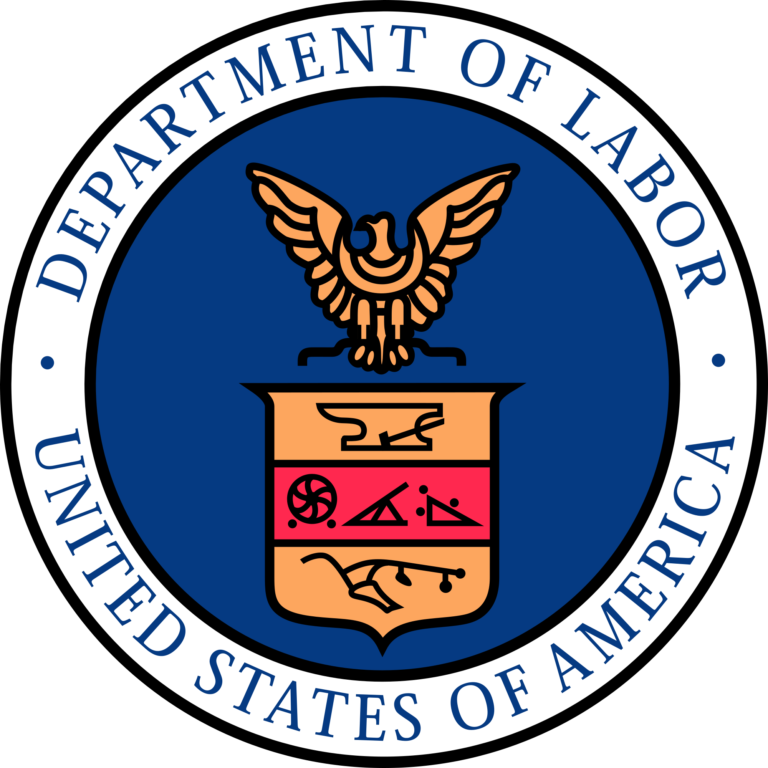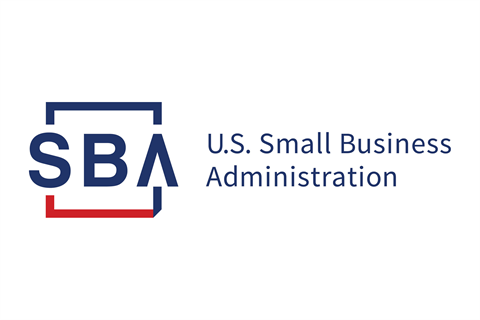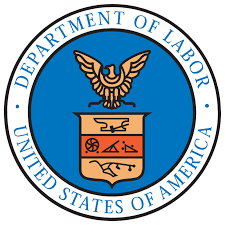H.R. 7010, the Paycheck Protection Program Flexibility Act of 2020, passed by Congress on June 3rd, was signed by the President and became effective on June 5. 2020. The legislation makes some significant changes to the Payroll Protection Program (PPP). For our previous posts on the subject go to our most recent post on the subject PPP Loan Forgiveness Application which has links to all our prior postings.
If you want to read the entire text of the new law, you can read or download a personal copy Paycheck Protection Program Flexibility Act of 2020 , but in short (OK, it’s actually not that short) here goes:
Loan Maturity: PPP loans made on or after June 5th will have a maturity of at least five years up to a maximum of ten years from the date the borrower applies for forgiveness. Although the new law only applies to loans made after June 5th, it does allow borrowers who received loans prior to that date to mutually agree to modify the maturity dates and conform to the extended time periods;
Covered Period Extended: Under the new amendment, for both existing and new loans, in order to determine the amount to be forgiven, the period will now start on the origination date of the loan (i.e., the date the funds are disbursed per the SBA) and ending either 24 weeks (168 days) after the loan origination date, or December 31, 2020, whichever is earlier. If you received a PPP loan before June 5, you can decide to use the 8 week period under the original CARES Act if you prefer;
Reduction of FTE/Salaries Safe Harbor Deadline Extended: The new deadline for restoring FTE and salary/wage levels to their February 15th status, originally required by June 30th has now been extended to December 31, 2020. In addition, the recently enacted amendment to the CARES Act provides that the amount of the loan that will be forgiven will be determine without regard to any reductions as a result of: (a) an inability to rehire individuals who were employees on February 15th and to hire similarly qualified employees for unfilled positions on or before December 31, 2020; or (b) the inability to come back to the level of business that existed before February 15th in order to comply with requirements or guidance from the Secretary of Health and Human Services, the CDC, or OSHA, from March 1st until December 31, which inability is related to requirements needed to maintaining standards applicable to COVID-19 for health, sanitation, social distancing or other worker or customer safety. PPP borrowers should be prepared to substantiate (document) their good faith inability to hire/re-hire or return to pre-February 15th business levels and it is likely that information will be requested with any applications for forgiveness.
Using Loan Proceeds: For both existing and new PPP loans, the new legislation provides that at least 60% must be used for covered payroll costs and up to 40% can be used to pay covered non-payroll costs (e.g., timely payment of interest on covered mortgage loans, covered lease, rent and utility payments.
Payment Deferral Period Extended: Payments of principal and interest on PPP loans will be deferred until SBA determines the amount of the loan that will be forgiven and pays that amount to the lender.
If a Borrower Doesn’t Apply for Forgiveness: If a borrower does not apply for PPP loan forgiveness within 10 months after the end of that borrower’s “covered period,” payments of principal and interest will begin at the end of that 10-month period. If a borrower has a pre-June 5th PPP loan who choose to continue to use the 8 week covered period under the original CARES Act, if the borrower hasn’t applied for forgiveness, those payments will begin 10 months after the end of that 8 week period.
Employer Payroll Taxes: Under the new law, even if a Borrower receives forgiveness of the PPP loan, they can still defer paying employer payroll taxes as permitted by the original CARES Act.
While it is likely there will be additional clarifications and updated or revised guidelines as new questions arise, the new law provides welcome relief by extending deadlines, especially how forgiveness rules will be interpreted and applied. We will keep you posted, but as always, if you have questions or need more information you can contact me, Joe Rosenbaum, or any of the legal professionals with whom you regularly work at Rimon Law.





